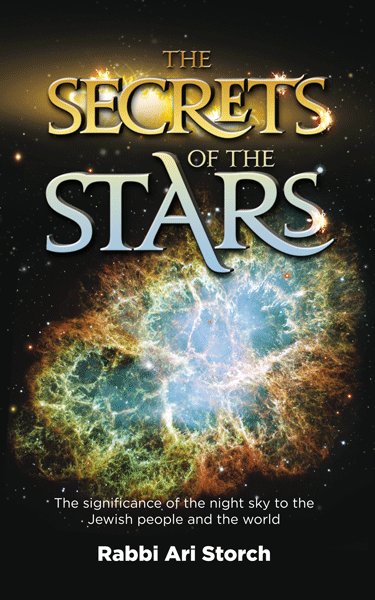With the Orionid meteor shower having peaked last night, I figured this was an opportune time to discuss this phenomenon. There is a bracha that is said upon seeing "zikin" (Berachos 58b), "Oseh Ma'aseh Bereishis". The definition of zikin is disputed with some (like Rashi) that maintain that it is a shooting star, and others who state that it is a comet. The Mishna Berurah rules that the bracha applies to both objects (O"C 227:1:1).
A meteor is a small piece of space debris (dirt) that enters our atmosphere. As it "burns up" it radiates light and appears as a streak of light shooting across the sky. This is what a shooting star is, they are not real stars. There are several meteor showers every year and they always happen on the same approximate dates. This is due to the fact that as comets (and in one case an asteroid) pass through the area that earth orbits (hopefully earth is in a different position at the time)they leave behind a nice amount of dirt. As we pass through this region of space on a yearly basis, a lot of the dirt enters our atmosphere. The Orionids are from the debris left from Halley's Comet.
The Orionids are called such because the radiant (center of where the debris appear to come from) is located in the constellation Orion. The fascinating thing about this is that the Gemara maintained that one will never see zikin in this constellation. The Gemara does, however, clarify its statement by stating that one may see zikin in that region of the sky, but this is not because the zikin are there. Rather, it is the shining of the zikin that make it seem to be in that area of the sky.
I do not maintain to understand exactly what this Gemara means and, therefore, will not even begin to define it in scientific terms. What I have wondered is how one can make the bracha on zikin found in Orion? The Gemara makes it seem as if the bracha is only if one sees the zikin themselves. While some have maintained that just being aware of certain phenomenon can allow for a bracha (see Taz regarding lightening), many authorities rule that one must see the object that he is making the bracha on and not its reflection. Therefore, some have differentiated between seeing an object through eyeglasses (considered a regular method of vision) and seeing a reflected object. Why are zikin in Orion not the same as reflected zikin.
If one could not make the bracha (something not mentioned by any halachic authority) then one who cannot differentiate between the constellations should never be able to make the bracha. The general rule that one does not recite a bracha when there is a doubt should apply. This clearly cannot be the case!
The truth is, how could one make the bracha on both comets and meteors? Why don't we state that since the definition is disputed one cannot make the bracha because he is always in doubt? Instead we state that one can recite the bracha on both. It does not seem that the Gemara was of the opinion that both are zikin! Maybe the answer is that this bracha commemorates the fact the Hashem created the world. When one sees the fascinations of nature, one can recite the bracha out of awe for the Creator. Therefore, we are lenient to allow one to make the bracha if he is inspired by any object that could, technically, be the definition of that which the Gemara was discussing. The main focus is the feeling and not the actual object. Therefore, perhaps, zikin in Orion would not be problematic. This is the natural way to see these types of zikin and one is seeing them in their normal and awe-inspiring form (unlike through a mirror). Because of this, it is not only permissible, but preferable for one to make this bracha upon seeing them. Mah Rabu Ma'asecha Hashem!!!
Subscribe to:
Post Comments (Atom)


No comments:
Post a Comment